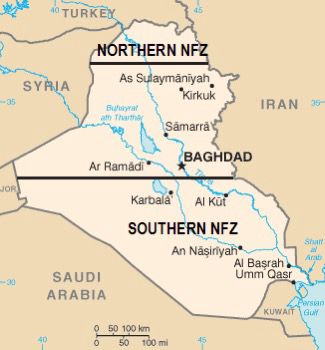It has been thirty-four years since the United Nations Security Council issued Resolution 688, which was initiated by France. The resolution came just one month after the Kurdish popular uprising and five days after the mass exodus of civilians.
The uprising began on March 5, 1991, in Rania and continued until the Kurdish New Year (Newroz) of that year. During this time, most cities and regions of southern Kurdistan, including Kirkuk, were liberated. However, this progress was met with a brutal response from the Iraqi Baathist army, which sought to complete the genocidal acts of the Anfal campaign and the chemical attacks of the 1980s. The Iraqi forces launched attacks by air and land, forcing the Kurdish population to flee towards the Turkish and Iranian borders in fear for their lives. Within a short time, by March 31, 1991, hundreds of thousands of people had abandoned their homes and belongings, leading to what became known as the exodus of one million people.
On April 5, 1991, the UN Security Council passed Resolution 688 with broad international support, as no country vetoed the resolution. France’s request succeeded, and it was decided to establish a safe zone north of the 36th parallel for the Kurdish people. Allied forces were deployed to the Incirlik military base in Turkey to enforce the security zone. This protection allowed for the establishment of a safe haven in Kurdistan, leading to the region’s first elections on May 19, 1992, and the formation of the first regional government on July 4, 1992.

